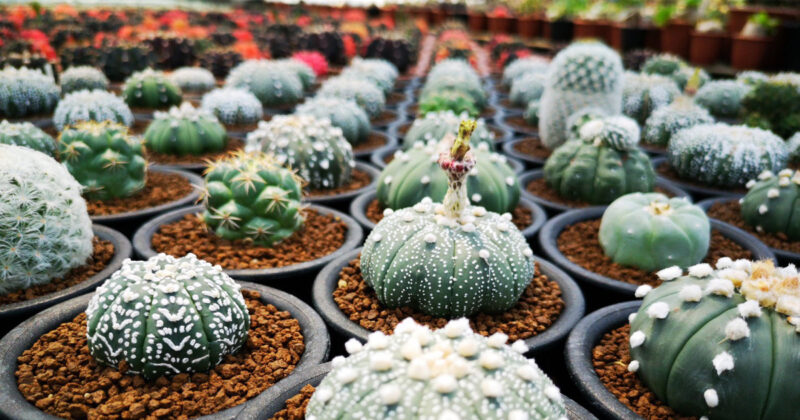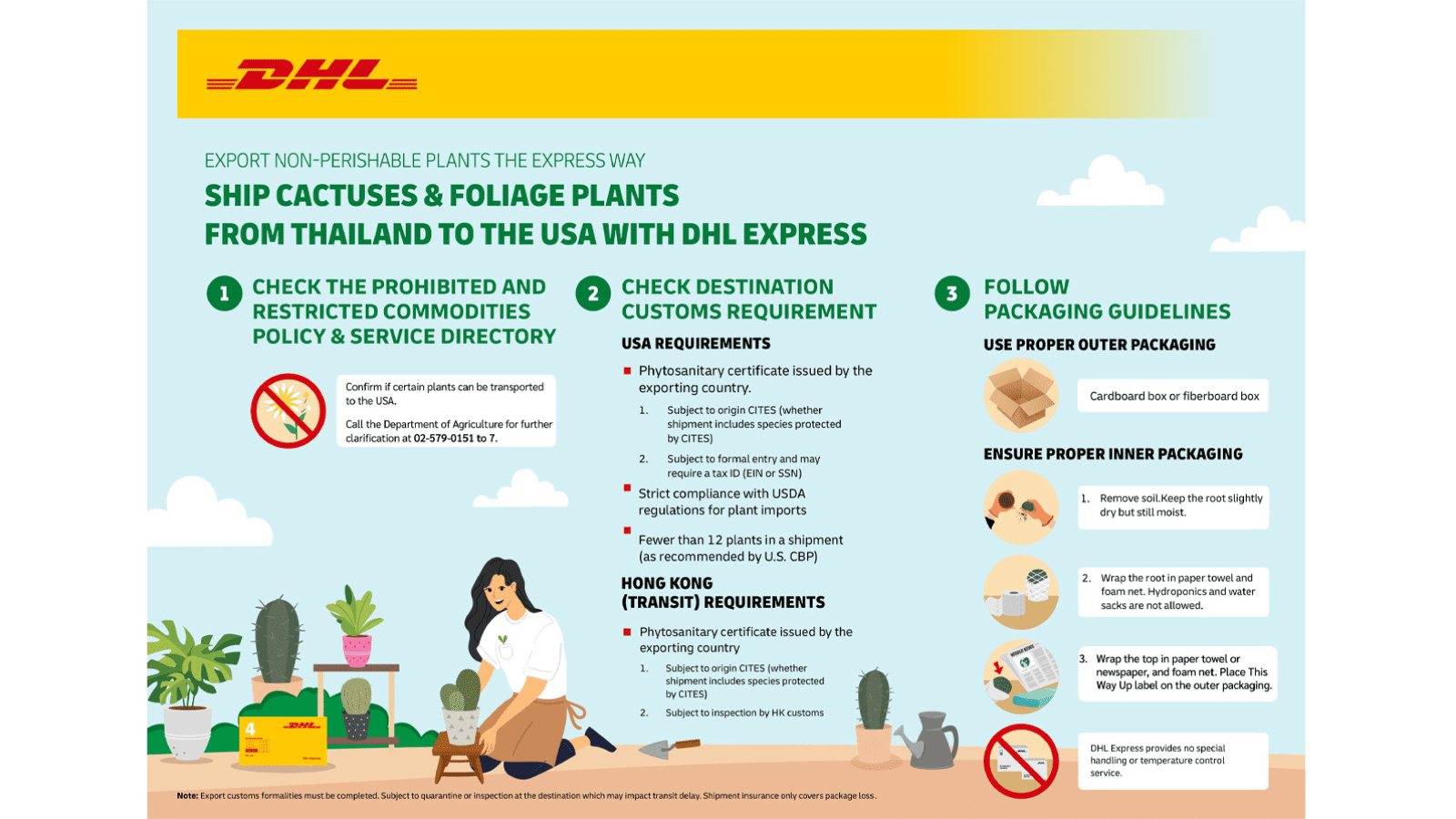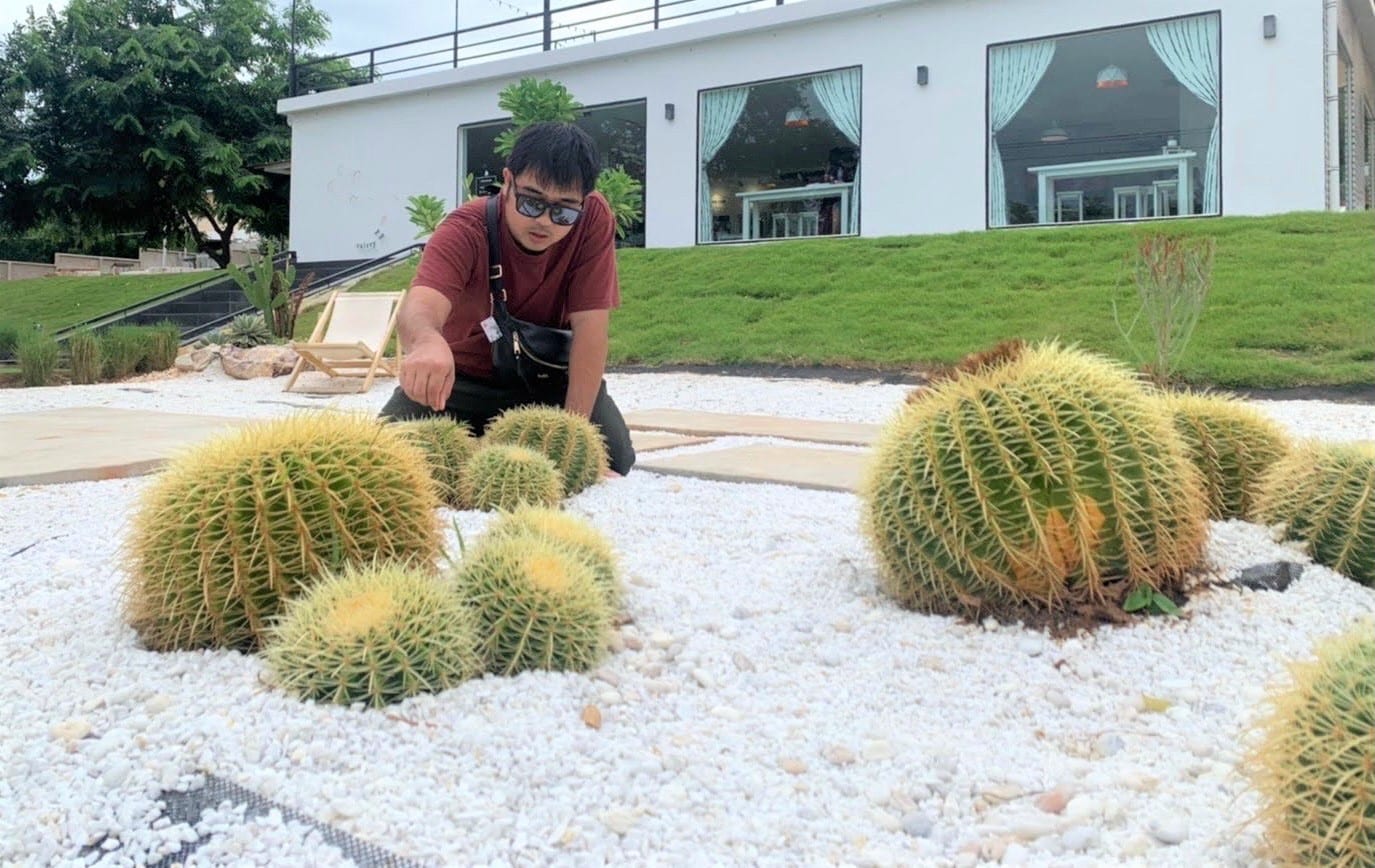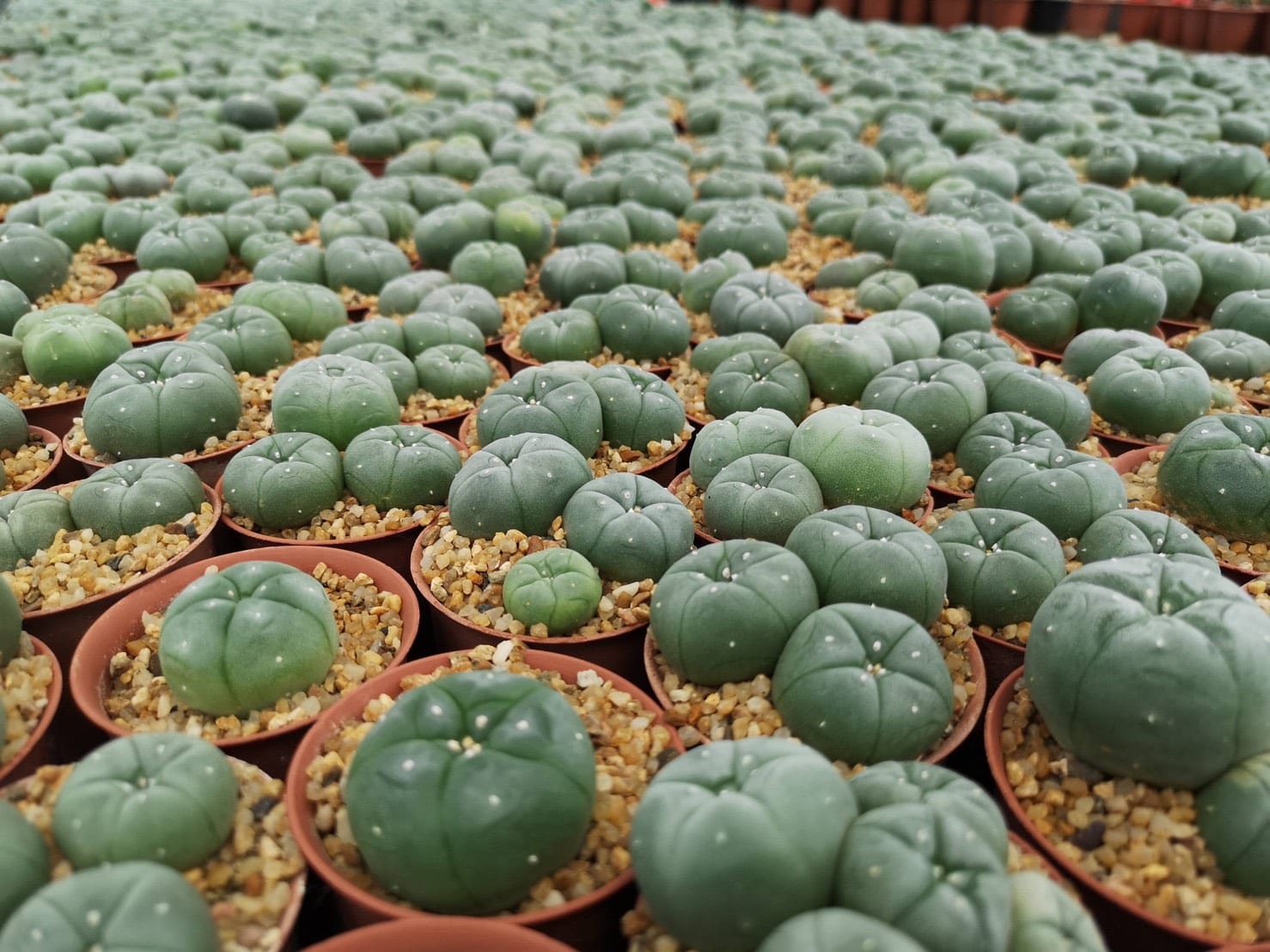
Business is spiking for this Thai cactus seller amid a Covid-19 gardening boom

Cooped up at home for much of the pandemic, many have found reason and time to pick up new hobbies like growing plants.
This spike in interest to nurture green fingers has sparked an unprecedented botanic boom that is likely only in its infancy, as more plant sellers look to cash in on the opportunity.
For Thailand-based cactus nursery Cactus Inter, the sharp surge in demand could be felt almost immediately when the pandemic hit.
“On an average week, our earnings hover around 30,000 baht (€788.30), but this increased nearly sevenfold to 200,000 baht (€5,255.40) weekly at the peak of Thailand’s Covid-19 outbreak,” said Athiwat Chakpan, the owner of Cactus Inter.
The speed at which the avid cactus grower was able to sell his succulent plants through Instagram showed the sheer strength of the pandemic-driven demand — his cactus plants were often sold within one minute of publishing his Instagram stories.
View this post on Instagram
The journey to success has, however, been fraught with challenges for the accidental entrepreneur, who recently quit his full-time IT job to dedicate his efforts on scaling up Cactus Inter globally.
Turning a hobby into a business
Like many budding plant enthusiasts during Covid-19, Chakpan’s interest in cactuses began as a mere hobby.
Planting cactuses took way more effort than he initially imagined. Countless experiments to keep his cactus plants alive failed before he eventually grasped how to pollinate them to reproduce.
“Growing from seeds can take up to 10 years for cactus to grow in the right size. To shorten the time, growers usually use cactus grafting techniques which allow the plants to grow in the right size within three to four months,” explained Chakpan of the process.
Soon enough, he was growing more cactuses than he could fit in his home. That nudged him to take the plunge into entrepreneurship. He moved his cactuses into a greenhouse he set up, and started selling the cactuses through a small Facebook group — with some success.
“I started looking to add new varieties of cactus to meet the booming customer demand. That was when I discovered the Lophophora cactus, a button-like cacti, which has become my best-selling product,” he added.
Today, Chakpan sells his cactuses through his 4,800-strong Instagram page to international customers.
View this post on Instagram
A thorny learning journey
Venturing overseas proved to be a costly, time-consuming lesson for Chakpan. Facing strong competition from domestic sellers, he decided early on to focus on international markets that were more willing to pay premium prices.
With little knowledge about exporting plants, he sent his first overseas shipments via a local postal provider. The cactuses were confiscated, which led to hordes of angry customers demanding refunds.
He incurred significant losses within the first three years but, in return, he mastered the proper methods to ship cactuses.
“Although drought-resistant cactuses can survive without soil for months, having them packed in a box with limited air flow during transit may cause the cactus to die quickly,” shared Chakpan on the logistical challenge of shipping his plants.
Understanding the different requirements of exporting cactuses to different destinations further complicates the shipment process. For instance, a country’s customs authority may require a phytosanitary certificate issued by the exporting country, along with licenses, import permits, or other legal documents from the relevant ministries or agencies.
Working with DHL Express Thailand, Chakpan familiarized himself with the proper packaging practices and the accompanying paperwork to ship his cactuses. Now, he is able to ship his plants to Singapore from Thailand in just one day with the necessary export and import documents.
“We’re constantly exploring new alternatives for our customers by listening to their evolving needs. To support small businesses like Cactus Inter in this growing sector, we worked closely with the operations teams in the respective countries and our partner carriers to establish compliant processes that steer clear of the restrictions for shipping cactuses and other plants,” shared Herbert Vongpusanachai, Managing Director at DHL Express Thailand & Head of Indochina.

Initially developed as a tailored solution for Cactus Inter late last in 2020, the service by DHL Express allowed shipments of cactuses to multiple destinations from Thailand — namely Cambodia, Indonesia (Jakarta), Singapore, and Vietnam (Hanoi).
“Using a reliable express logistics provider is essential to building trust, especially with my return customers. Being able to track and trace their products en route, and receive their cactus plants safely and on time, is part of a positive customer experience that we aim to deliver when they purchase with us,” said Chakpan.
As of June 2023, DHL Express has expanded its service lanes to introduce an express export service for non-perishable plants from Thailand to the United States. Through this strategic initiative, non-perishable plants can now be shipped to customers in the United States within a delivery time frame of three to five days, with full tracking visibility across the entire supply chain. This allows Thai business owners to capitalize on the rapidly growing demand for non-perishable plants in the U.S. market.
Thriving beyond Covid-19
The business owner is unfazed by the steep learning curve he has encountered since starting the business. Even with the Covid-19 pandemic, he is taking it in his stride.
Apart from experiencing minor delays in getting the necessary agricultural licenses for export, the pandemic has actually been a boon for Cactus Inter on the business front, with revenues soaring manifold.
Chakpan is confident that the interest in plants, which sprouted as people were forced to stay home due to pandemic restrictions worldwide, will stretch beyond the crisis.
“New collectors are entering this expanding community every day. Cactuses are small, don’t require much space to grow, and are very drought resistant, which mean they require very low maintenance,” he explained.
Like a true entrepreneur, however, he is not one to rest on his laurels.
With plans coming down the pike to expand into other families of cactus and air purifying plants, Chakpan is already sowing the seeds for a greener future for Cactus Inter.
MORE FROM THIS COLLECTION














 English
English